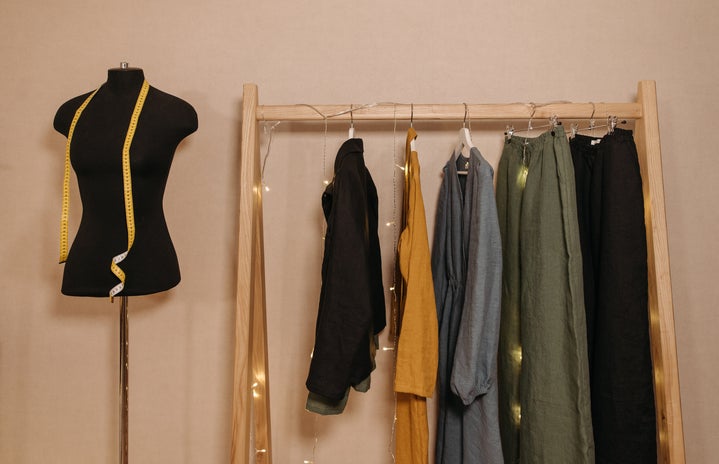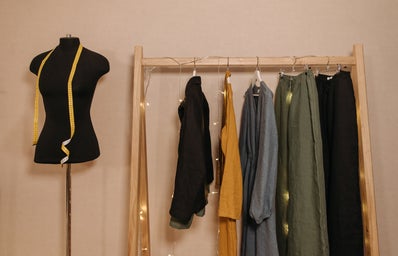Recently, I have been looking through old photographs. No, not the cute baby photographs, but photographs from when I was a teenager, and I keep asking myself: why did I dress like that?
While a part of the question was certainly in mockery of the old fashion trends, it was also a realisation that in the essence of clothing, I found myself maturing. I grew out of things that were uncomfortable and that didn’t suit me — but that I wore anyway because I wanted to look cool, be popular and be trendy. I didn’t know how to express myself through clothing when all it did was cover up my identity, my insecurities and a desperation to fit in. As I grew up, and I became more firm in my identity, that desperation or need to blend in faded away. Now, I look for clothes that are comfortable and that I feel happy in. I don’t dress to impress anyone; I dress to feel good about myself, and to feel confident in my skin.
Beyond just fashion trends, I noticed that my clothes have become more ‘conservative’. Whilst I was always in shorts and crop tops in my teenage years, now I am completely in love with long dresses, skirts and turtleneck tops. I certainly enjoy the grace it conveys, but I also think it symbolises my growth as a feminist. It made me think, why was I, or any other young teenage girl, wearing such revealing or sensual clothing? A recurring question for me is: who were we dressing for?
The answer is simple: for men. In my opinion, even as children and teens, we are socialised to understand our place in society as women. We are socialised to believe that our self-worth and beauty inherently lie in the value men place on us, and that value stems from the sexualisation of the female body. Showing off more skin meant more attention, more likes, which translates to popularity and trends. We thought that by gaining the approval of men, we were beautiful. This need for social approval would be normal, if not for the fact that it stems from deep misogynistic and patriarchal values.
As we grew older of course, and began to experience the world as women, we realised how wrong these trends are. The awareness that we were just feeding the sexual appetite of men (read: predators) is nauseating. Playing into their game and the advantage of sexualising my body was not for me, which is possibly why there was a shift in my taste for clothes. But this shift was unconscious, as unconscious as the socialisation of what we should wear as teens. It is only upon reflection that I realised this phenomenon.
Perhaps even more mortifying is that this trend of wearing revealing clothes was escalated by the liberal feminist movement. From wearing corsets to crop tops, the liberal feminist movement took the extreme side of things and decided that women can wear anything they want. I completely agree with this principle, but the execution of this philosophy has had spiralling effects such as this. It only fed more into the sexualisation and objectification of women, and men are then obviously not opposed to liberal feminism if it meant their sexual appetite would be more than satisfied. Clothing has been a salient feature of emancipation, but it hasn’t done much for us either. Women still suffer around the world, corset or no corset, crop top or no crop top. There is more to gender equality than liberalising our fashion, and the freedom liberal feminists wanted has gone wayward.
Maturing is realising that you don’t need revealing clothes to feel beautiful or to be approved of. In fact, you shouldn’t feel that there is a need at all to be beautiful or to be approved of. Being yourself and being comfortable in your skin is all you really need.


